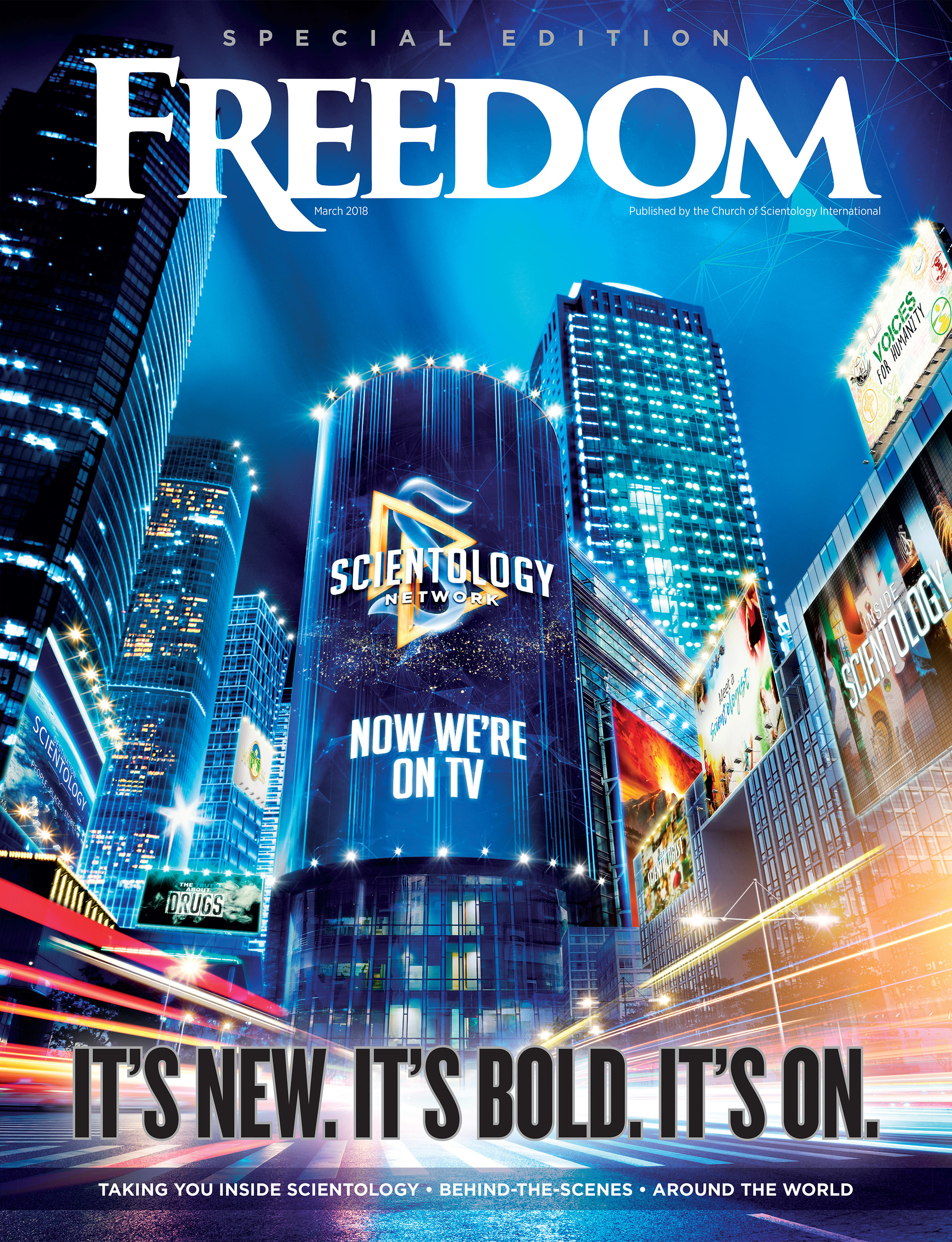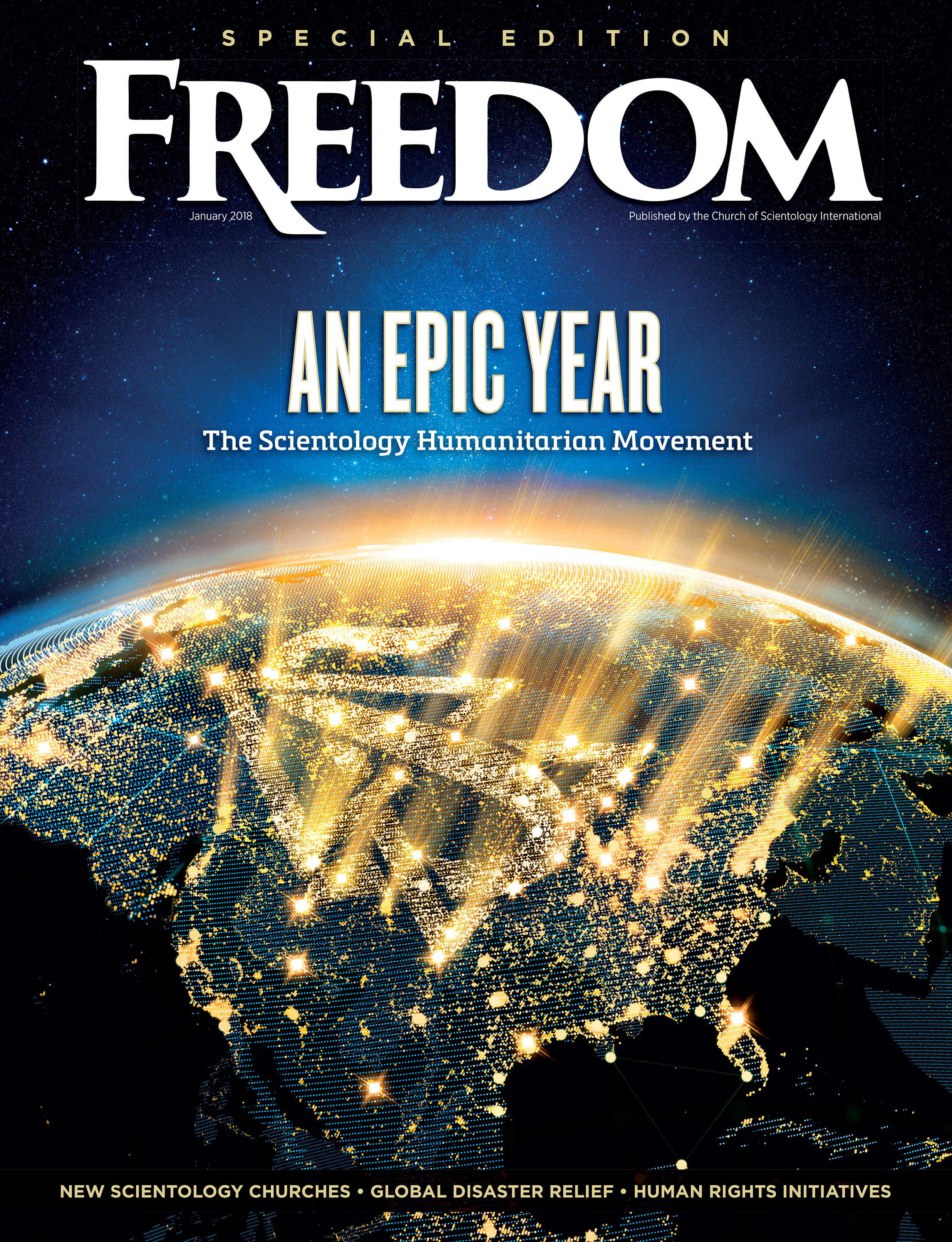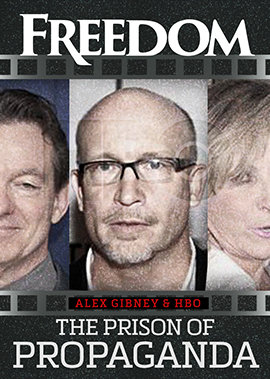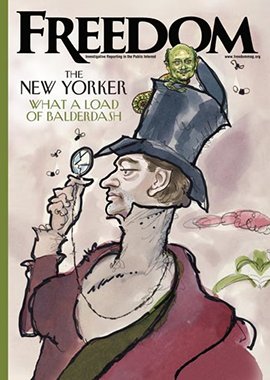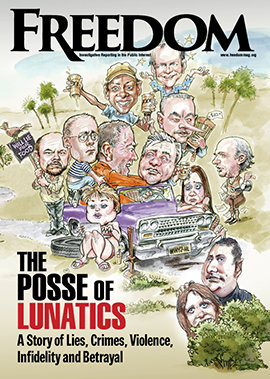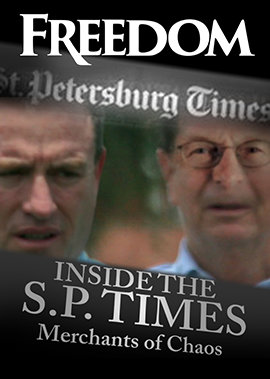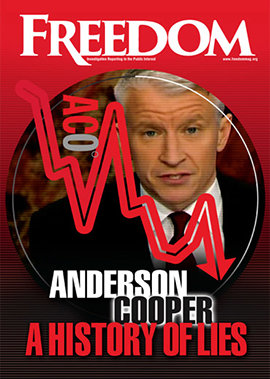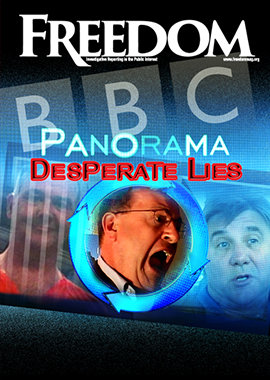“In our time, we still see too much discord, too many wounds caused by hatred, violence, prejudice, the fear of difference.”
—Pope Leo XIV, Inaugural Mass
As USCIRF Chair Stephen Schneck said: “Throughout the world, we are seeing a significant rise of religious persecution against Christians, Jews, Muslims, Hindus and other religious minorities. It is heartening to see His Holiness speak forcefully on religious freedom so early on in his pontificate.”
Indeed, from day one of his papacy, the new leader of the Roman Catholic Church made no secret of his wish to continue the Vatican’s work on behalf of religious freedom.
“I believe that religions and interreligious dialogue can make a fundamental contribution to fostering a climate of peace.”
On learning of his election, Leo sent a message to Rabbi Noam Marans, director of interreligious affairs at the American Jewish Committee, promising to “continue and strengthen the church’s dialogue and cooperation with the Jewish people.”
The pope did the same with Rabbi Riccardo Di Segni, Rome’s chief rabbi, personally notifying him of his election and pledging to continue the dialogue begun by his predecessors.
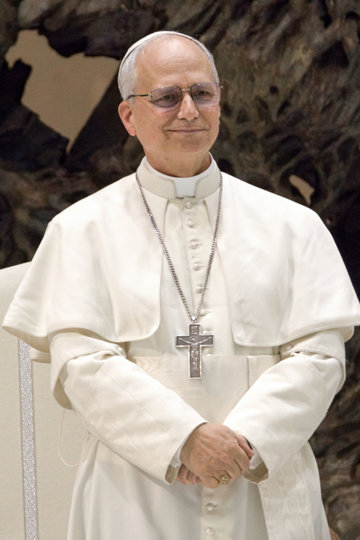
Then, in a speech to the diplomatic community just days after his election, Leo reiterated that the safety of religious communities around the world must be a priority. “I believe that religions and interreligious dialogue can make a fundamental contribution to fostering a climate of peace,” he said. “This naturally requires full respect for religious freedom in every country, since religious experience is an essential dimension of the human person. Without it, it is difficult, if not impossible, to bring about the purification of the heart necessary for building peaceful relationships.”
The pope began building those peaceful relationships close to home, within his own religion. On May 14, he welcomed an audience of Eastern Christian pilgrims from the Middle East.
Eastern rite Christians have endured years of persecution and have seen their communities scattered and decimated. In the Iraqi town of Qaraqosh, for example, a once-thriving Christian community of some 50,000 saw its churches burned by Islamic State militants, its religious altars and statues vandalized and its residents forced to convert or flee. When the Iraqi military recaptured the town in 2016, they found it nearly deserted. Since that time, the community has gradually come back, aided by donations from fellow Christians.
Eastern Christians, while recognizing the authority of the pope, have their own traditions and practices. Their churches include the Coptic, Chaldean, Maronite and Eritrean Catholic Churches, as well as the Syro-Malabar Church in India and Greek Catholic communities that are found across Eastern Europe and the Americas. Many Christian communities in northern Iraq are among the oldest extant and still speak Aramaic, the language of Jesus and his disciples.
Leo XIV, emulating his namesake, Leo XIII, stressed the dignity and the right to survive—rituals and all—of those communities. The former Leo, pontiff from 1878 to 1903, issued the first papal document endorsing Eastern Christians and their right to worship in the mode of their ancestors. He went so far as to threaten dismissal to any priest who attempted to enforce the Latin traditions of the West onto the older traditions of the East.
“We have great need to recover the sense of mystery that remains alive in your liturgies, liturgies that engage the human person in his or her entirety, that sing of the beauty of salvation and evoke a sense of wonder at how God’s majesty embraces our human frailty,” Leo XIV said to the pilgrims. “The Church needs you.”
By reaching out to religious communities both within and outside Christianity, the first American pope has, in less than two weeks, drawn a line in the sand regarding the sanctity of freedom of religion.
“We are hopeful that Pope Leo’s expressed concern for international religious freedom, including the fight against antisemitism, will bring greater tolerance and respect for the rights of persecuted religious communities,” USCIRF Vice Chair Meir Soloveichik said. “The ability to practice one’s faith openly and freely is a universal right that must be defended and protected.”







